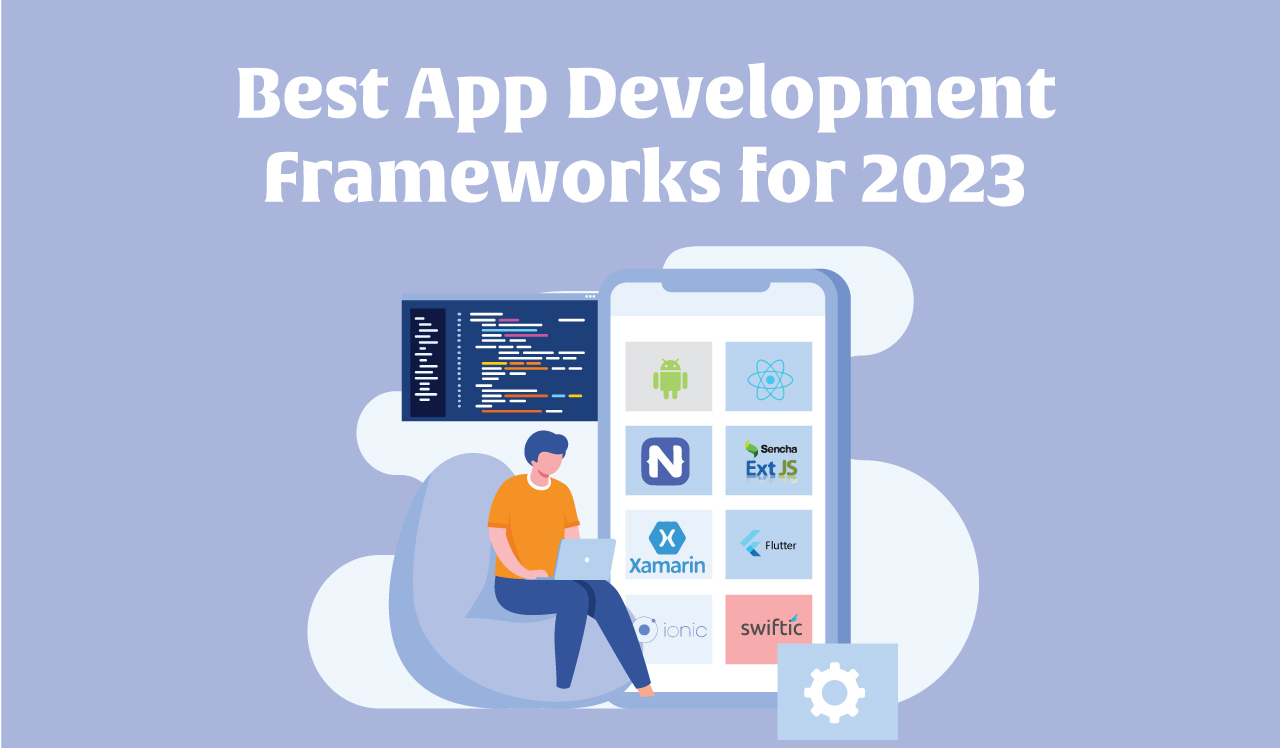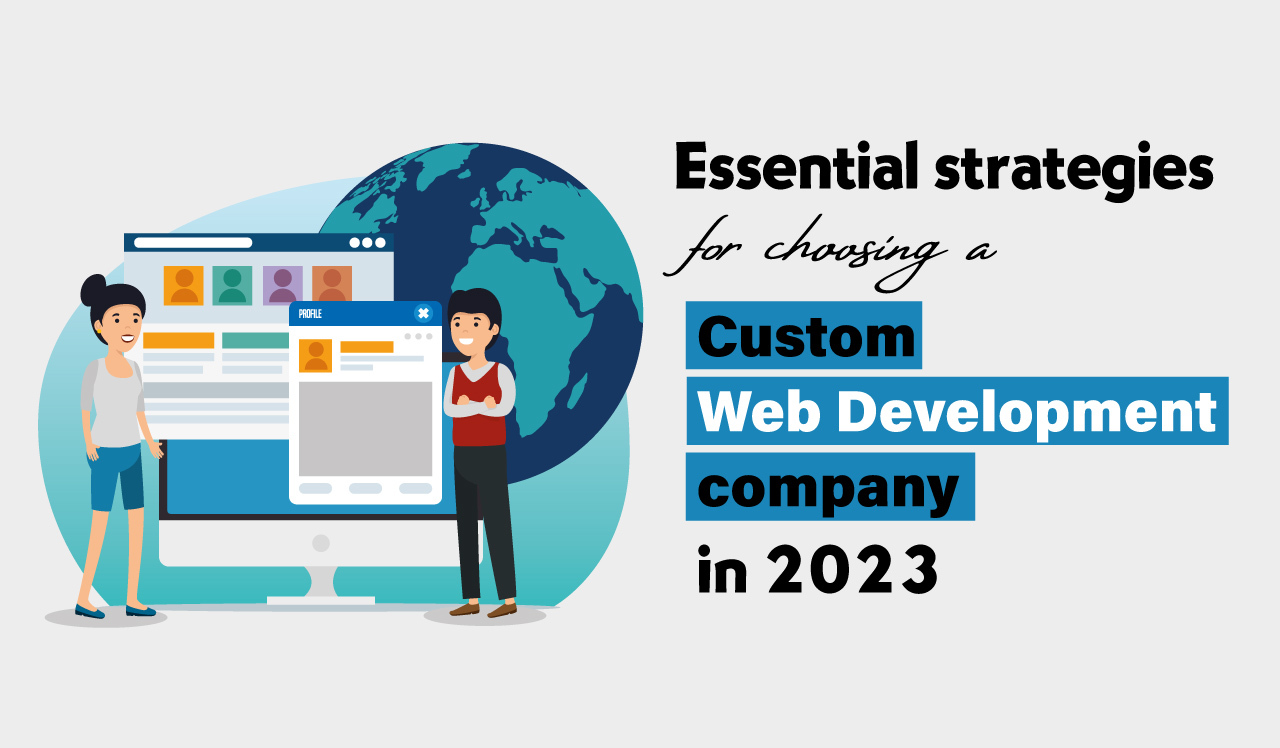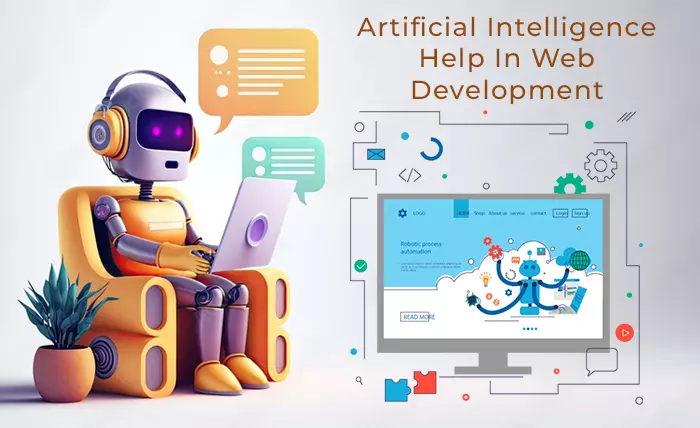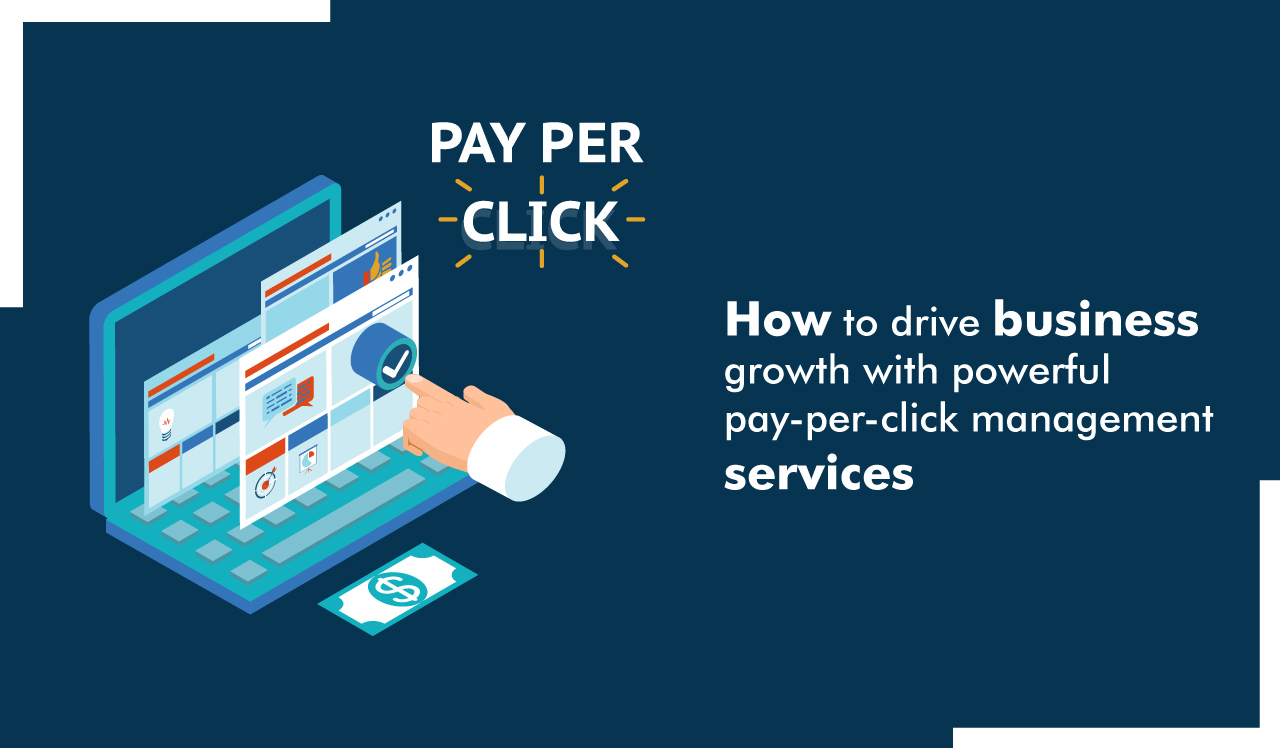The world seems impossible without mobile, as it has now become an essential part of a human. Mobile apps have become necessary, and businesses are striving hard to stay relevant and competitive. Mobile app development frameworks have made it easy for developers to deploy high-quality apps quickly.
A framework for mobile app development enhances and facilitates the process of creating applications. If a business wants to build a new mobile application, then the company should have a clear vision and strategy. The application should be built that resonates with the intended audience.
“Mobile services smashed records at 255 billion downloads — with global users downloading more than 485,000 apps per minute,” claims the State of Mobile 2023 Report from data.ai. In the top mobile-first markets, daily time spent has topped 5 hours. In 2023, mobile ad expenditure is anticipated to reach $362 billion.
This blog will detail the best mobile app development framework that will rule the market in 2023. So let’s get started.
What is a mobile app framework?
The collection of software tools, libraries and components that developers need to build a mobile application is a mobile app framework. It gives a base for creating apps using pre-developed modules with common functionalities such as user interface, data storage, networking and more.
The usage of the framework quickens the development time. Moreover, it reduces errors and improves consistency amongst various platforms. Although, if you are looking for native app development, a best mobile app platform should be your right choice.
Benefits of mobile app development
Businesses worldwide are switching to app development frameworks to stay ahead of the competition and increase productivity. Here are the benefits of mobile development applications,
- Increases customer engagement
- Improves efficiency
- Provides more value to customers
- Increases brand awareness and recognition
- Boosts profits
What are the types of mobile app framework
On the application-based smartphone, mobile apps are divided into three categories:
- Native Apps
- Web Apps
- Hybrid Apps
Top 5 Frameworks for mobile app development
Below are some best mobile app development frameworks. That can be very useful for both Android and Ios users.
React Native
It is a popular mobile app development framework that lets developers build high-quality apps for Ios and Android apps. It’sIt’s base is created on React JavaScript library that lets developers easily create complex UI designs.
React Native is an open-source framework that has a large community of developers. There are plenty of resources and support available for it. Some largely popular apps like Facebook, Instagram, Bloomberg, Soundcloud and UberEats are developed by React Native.
Benefits of React Native
- Maximize code reusability.
- Declarative API for predictive UI
- Live Reload
- Rapid development
Flutter
Flutter is a renowned mobile app development framework known for its rapid development and high-quality results. It’sIt was developed by Google, and it uses Dart programming language. Flutter development lets you build native, Android, Ios or Web apps. This framework is famous amongst developers due to its top-notch navigation, scrolling, fonts and icons.
The names of popular apps that are built with Flutter are Alibaba, Google Ads, Reflectly and KlasterMe.
Benefits of Flutter:
- Material design
- Hot reload
- Widgets
- Material design
- Native performance
Ionic
Ionic is a popular platform that develops outstanding web and mobile apps. It helps to give a rich digital experience to the audience. The app development process is streamlined by leveraging the power of the web that allows you to build apps that work on Android, Ios, the web, desktop and more. Moreover, it allows unlimited customization and complete control of the app’s look and feels.
The best apps using the Ionic platform are GE, Mastercard, Burger King, Target, NHS, and BMW.
Benefits of Ionic:
- Native design features are easily accessible.
- Offline data storage and access are secured offline.
- Access to native SDK
- Smooth integration with third-party libraries, backend or legacy software.
- It can be deployed across multiple platforms and devices.
Xamarin
This platform uses C++ and .NET to create high-quality apps for both Ios and Android apps for mobile app development frameworks. It is popular for its ease of use and allows developers to share codes amongst various platforms. Xamarin has a large community of support and developers, which means it has ample online resources and tutorials.
It has developed favorite apps like Oro, MRW, CA Mobile, APX and Novarum DX.
Benefits of Xamarin:
- Rapid development.
- Look and touch a Native app.
- Compatible with many devices.
Swiftic
It was developed back in 2003 with some customer-facing features specially developed for fulfilling small business needs. Swiftic integrates with many stores like Shopify and Magento, social media, and digital payments. Developers use it for its ease and offer flexibility, and design options. Technological advances like push alerts, social media platform feeds, and app advertising merge with this framework.
Top apps that are developed with Swiftic framework for mobile app development.
Features of Swiftic:
- Programs with a 30-day money-back challenge
- Navigation and interaction are simple.
- Strongly integrates with other parties.
Conclusion
You might have gone through the entire blog and have chosen the best app development framework for 2023. While React Native, Flutter and Ionic are tough competitors in this race, on the other hand, Xamarin is the oldest player, and Swiftic is still new in the race.
Each of these mobile app development frameworks has unique features and capabilities that make them suitable for special cases. At the same time, a mobile app development company helps you to choose the best framework that is crucial for the success of any project.
 +971 5858 36655
+971 5858 36655 +61 450 414 566
+61 450 414 566 +91 83607 42383
+91 83607 42383





 Our Team
Our Team Web Development
Web Development Web Designing
Web Designing Graphic Design
Graphic Design Content Writing
Content Writing App Development
App Development SEO
SEO PPC Management
PPC Management Digital Marketing
Digital Marketing